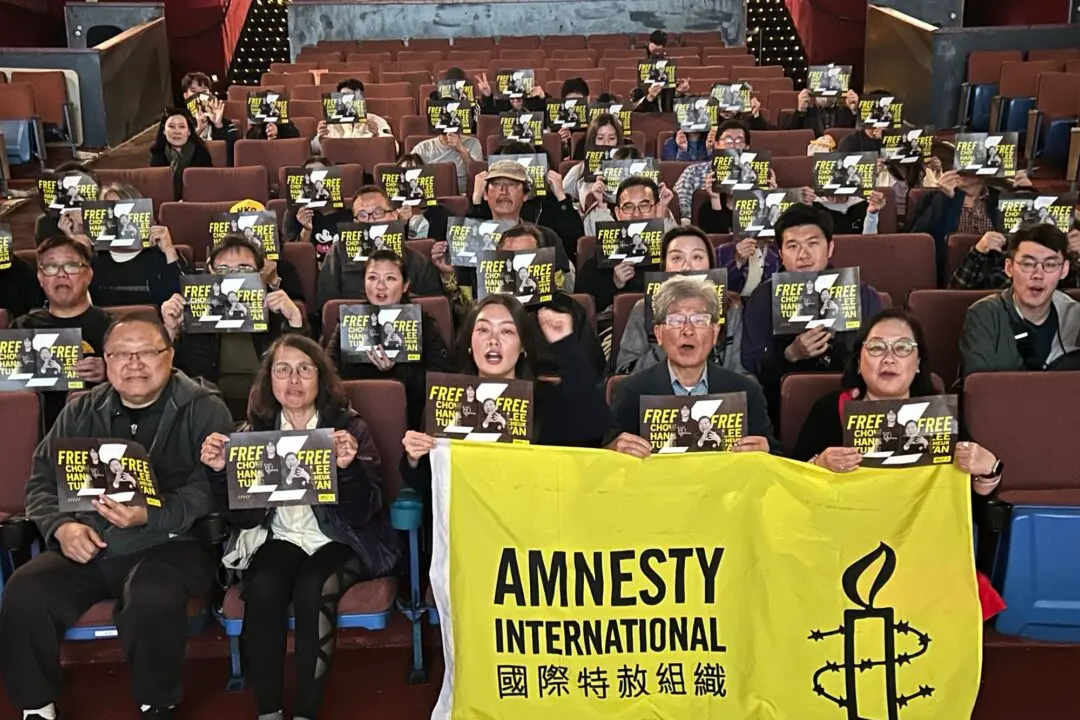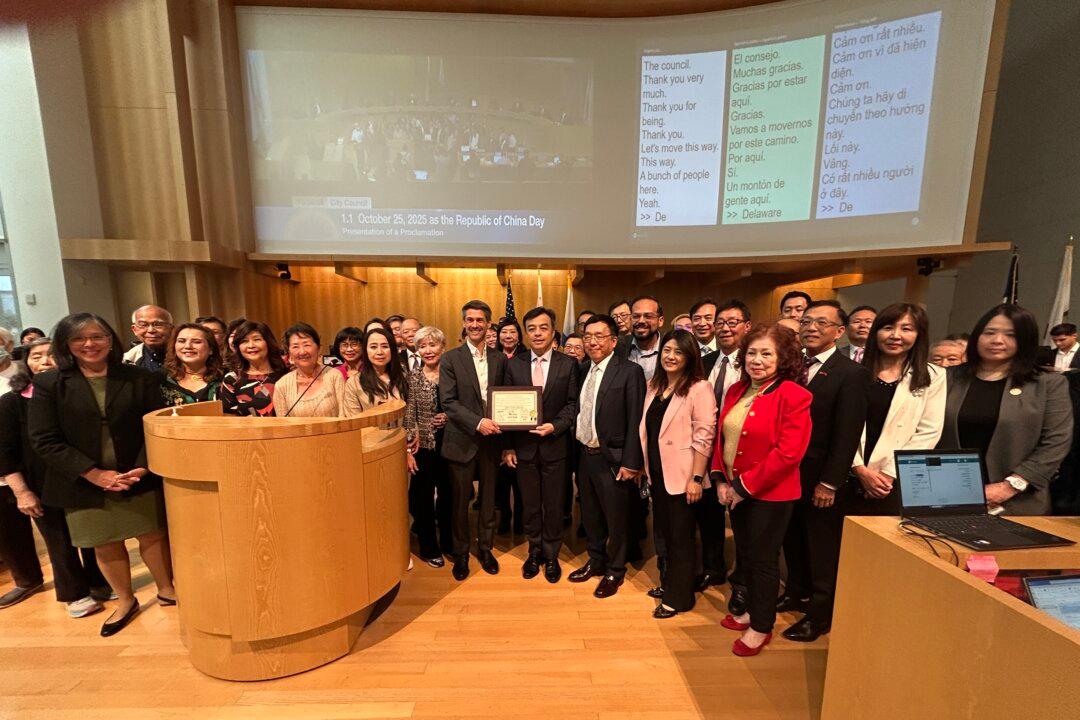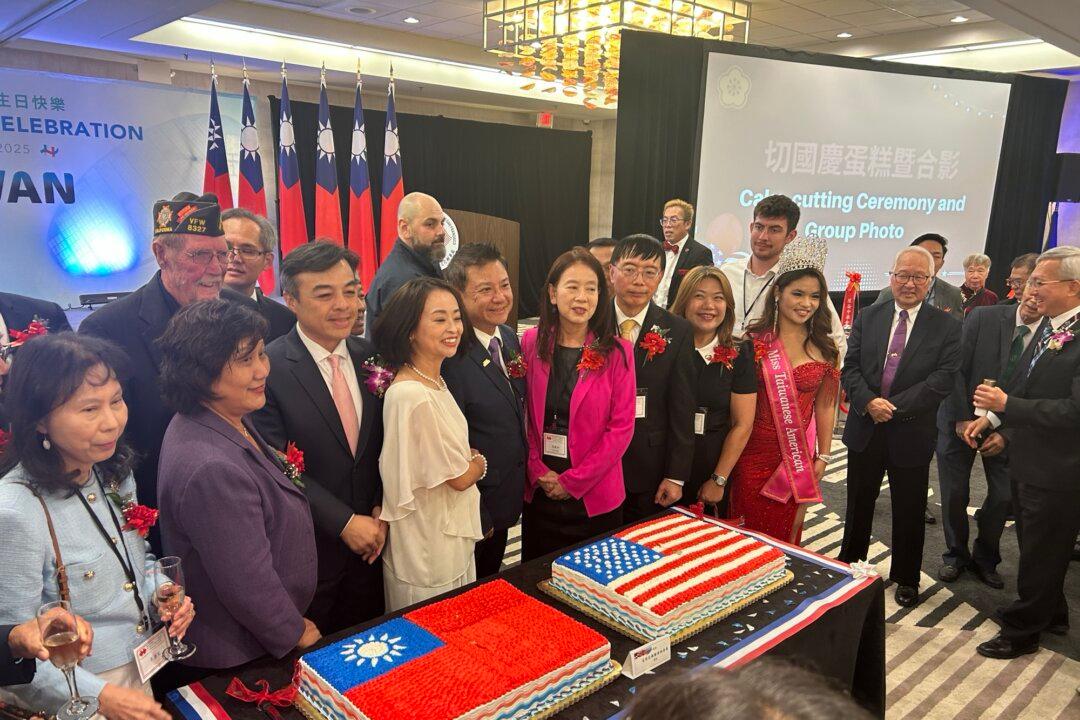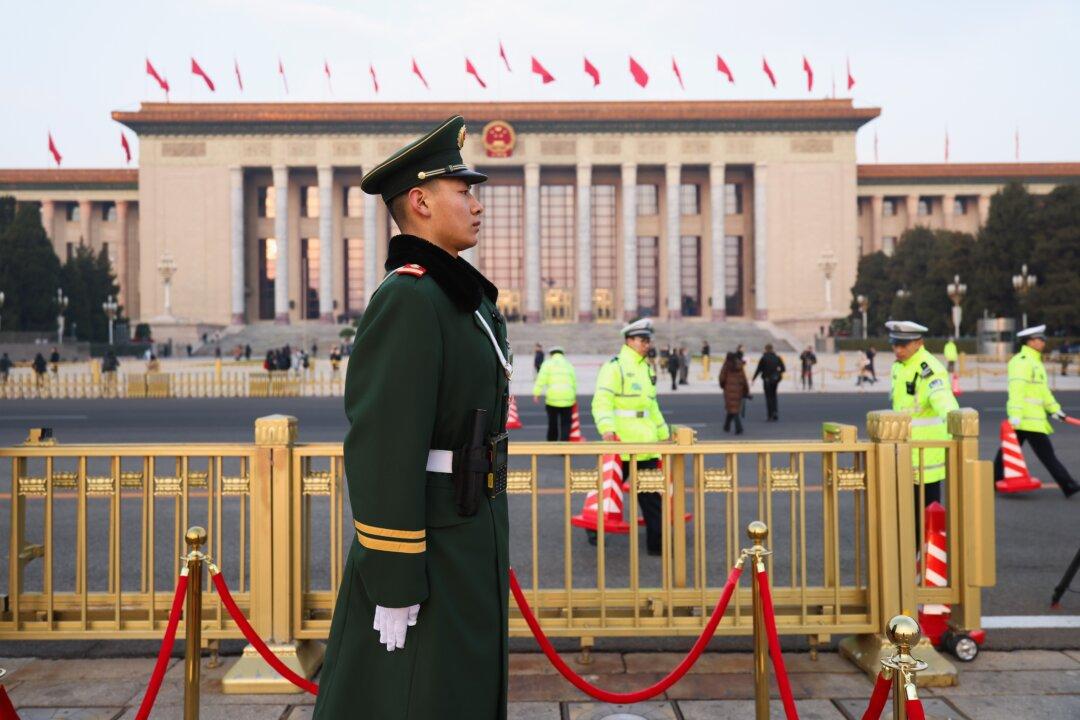SAN FRANCISCO—A group of San Francisco residents protested in front of City Hall on Nov. 2 after learning that the city may issue more permits for recreational marijuana stores.
The organizer of the protest, San Francisco Coalition for Good Neighborhoods (SFCGN), which supports a “Drug Free America,” said the rally was dedicated to protecting children, families, and workers, according to an SFCGN press release.





